Close arrow_back
- menu title
-
Custom Menu
add remove
-
Navigation
add remove
-
menu title
add remove
-
menu title
add remove
-
menu title
add remove
-
menu title
add remove
-
menu title
add remove
- menu title
-
Custom Menu
add remove
- Navigation add remove
-
menu title
add remove
-
menu title
add remove
-
menu title
add remove
-
menu title
add remove
-
menu title
add remove
International Code on Intact Stability 2008, 2020 edycja
The International Code on Intact Stability, 2008 (2008 IS Code) presents mandatory and
recommendatory stability criteria and other measures for ensuring the safe operation of ships, to
minimize the risk to such ships, to the personnel on board and to the environment.
This publication should be of interest to maritime administrations, ship manufacturers, shipping
companies, education institutes and others concerned with intact stability criteria.
recommendatory stability criteria and other measures for ensuring the safe operation of ships, to
minimize the risk to such ships, to the personnel on board and to the environment.
This publication should be of interest to maritime administrations, ship manufacturers, shipping
companies, education institutes and others concerned with intact stability criteria.
Podobne z kategorii
Availability: 3 In Stock
The *Mission Coordination* volume assists personnel who plan and
coordinate SAR operations and exercises.
A new edition of the IAMSAR Manual is published every three years. The
2022 edition includes amendments, adopted by the International Civil
Aviation Organization (ICAO) and approved by the Maritime Safety
Committee of the International Maritime Organization (IMO) at its 103rd
session in May 2021 by means of MSC.1/Circ.1640, which become applicable
on 1 June 2022.
Availability: Out of stock
This Guide has been developed to consolidate existing IMO maritime
security-related material into an easily read companion guide to SOLAS
chapter XI-2 and the ISPS Code in order to assist States in promoting
maritime security through development in the requisite legal framework,
associated administrative practices, procedures and technical and human
resources.
It is intended both to assist SOLAS Contracting Governments in the
implementation, verification, compliance with, and enforcement of, the
provisions of SOLAS chapter XI-2 and the ISPS Code. It should also serve
as an aid and reference for those engaged in delivering capacity-
building activities in the field of maritime security.
This second edition of the Guide incorporates guidance approved by the
Maritime Safety Committee on the development of maritime security
legislation as well as maritime cyber risk management, and includes
updated sources for further information to support the implementation of
the ISPS Code.
Availability: 1 In Stock
SafetyNET is an international automatic direct-printing satellite-based
service for the promulgation of maritime safety information including
navigational warnings and meteorological information and other urgent
safety-related messages to ships, as well as search and rescue-related
information, and fulfils an integral role in the Global Maritime
Distress and Safety System (GMDSS).
This edition of the Manual, renamed the *International SafetyNET
Services Manual*, incorporates changes introduced to the Inmarsat
satellite network and services including the Inmarsat Fleet Safety
service, which has been recognized as a mobile satellite service for use
in the GMDSS by adoption of resolution MSC.450(99).
Availability: Out of stock
Port State control inspections contribute to ensuring that global
maritime standards are being implemented consistently on all ships. This
publication provides guidance for port State control officers on the
conduct of inspections to support harmonization in the way inspections
are carried out worldwide.
This edition includes amendments to the *Guidelines for investigations
and inspections carried out under MARPOL Annex II* (appendix 4), the
*Guidelines for control of operational requirements* (appendix 7) and
the *Guidelines for port State control under MARPOL Annex VI* (appendix
18).


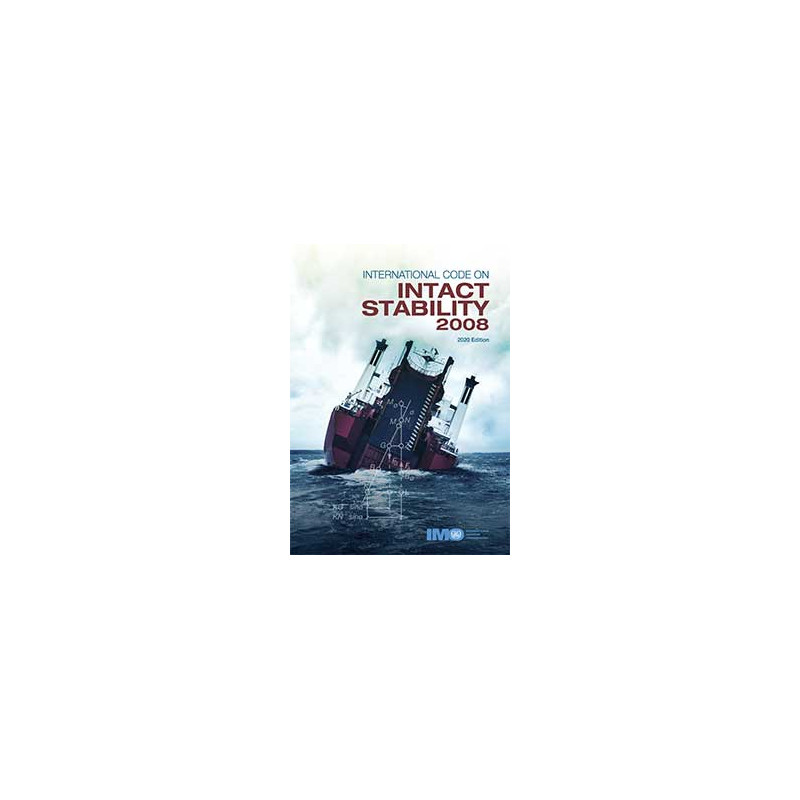

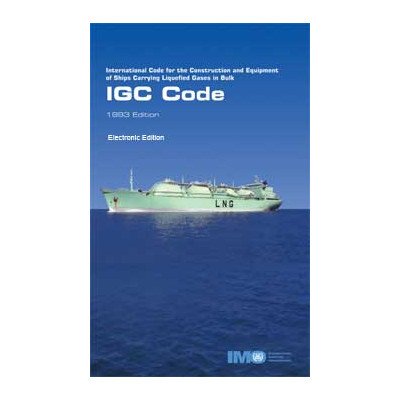
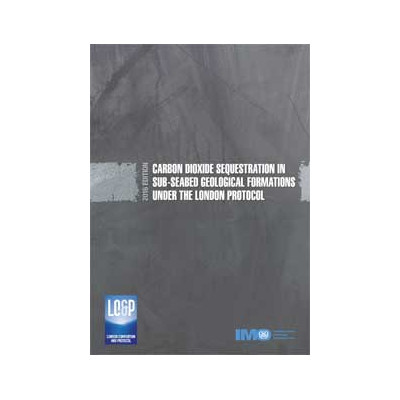
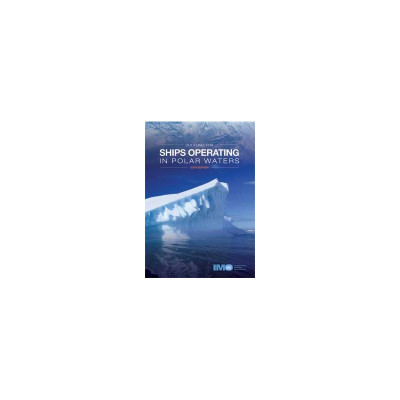
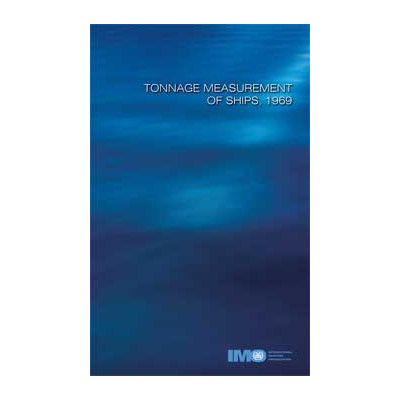

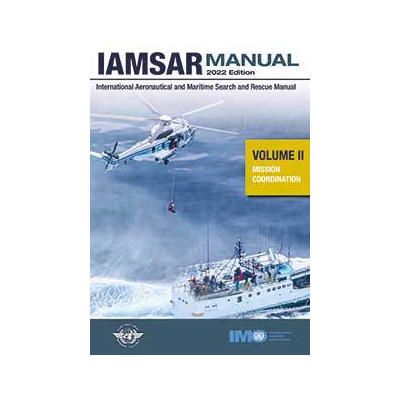
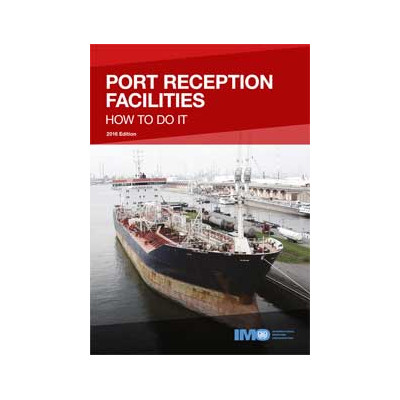
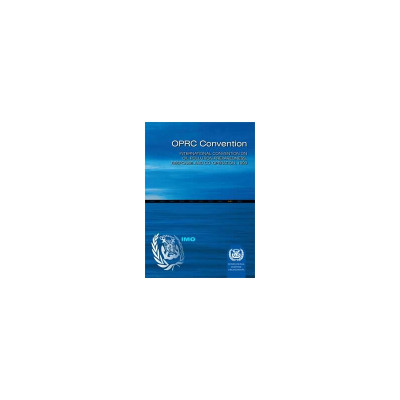
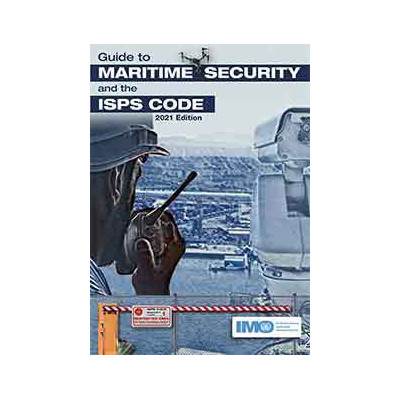
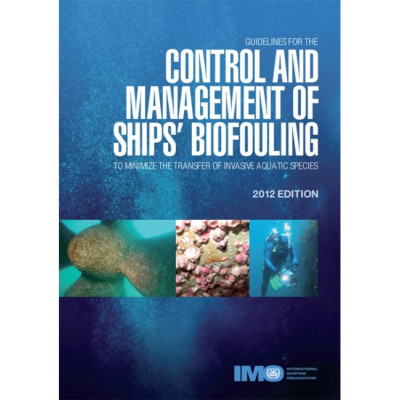
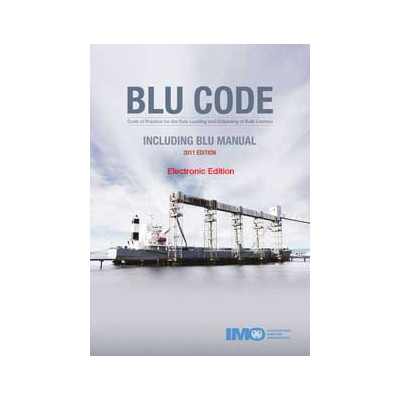
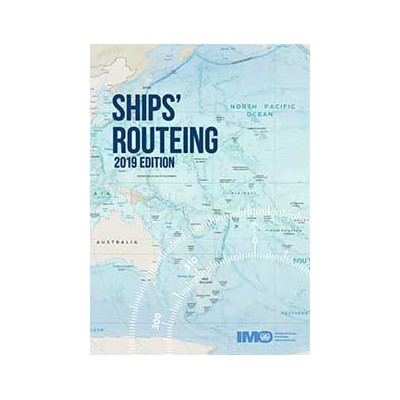
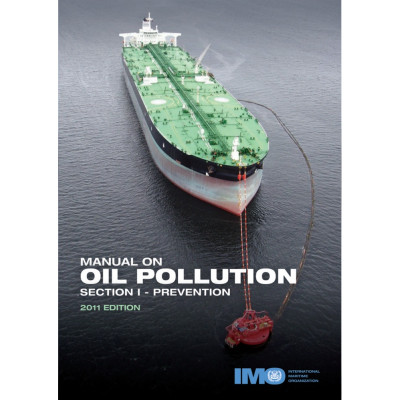
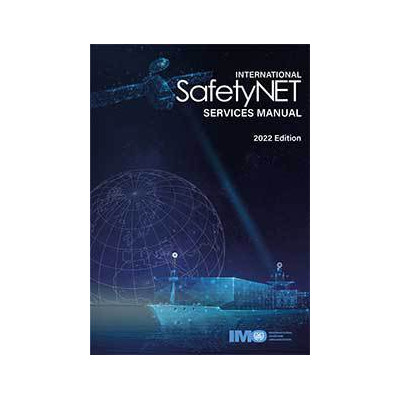
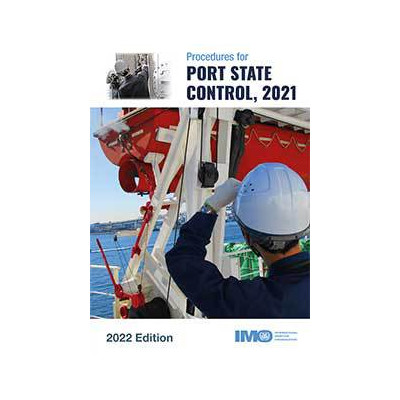

 Cookies
Cookies